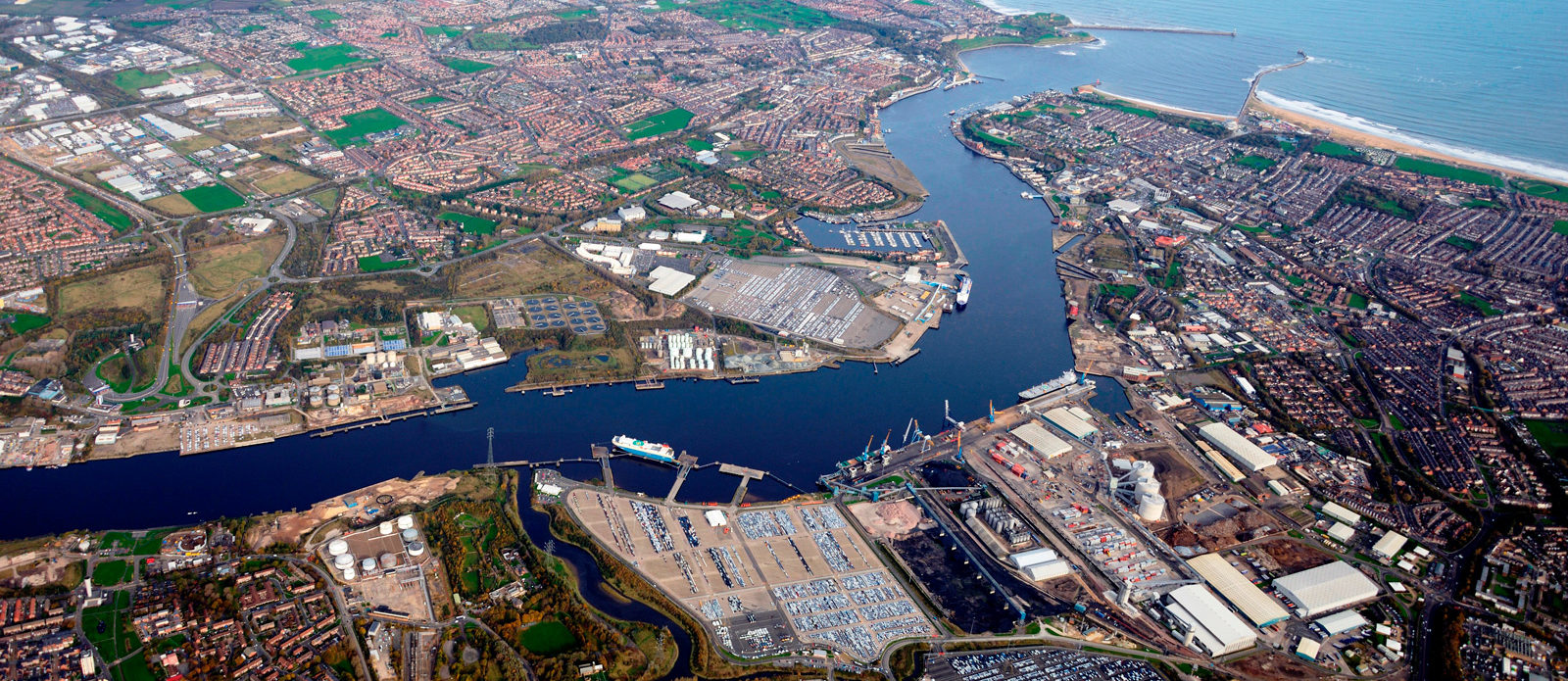The North East’s ambition to become home to the UK’s first low carbon heat cluster is taking a step forward today, as leading figures from local government and the energy sector convene on Tyneside.
The Association for Decentralised Energy’s Heat Network Conference 2022 – a major national conference on the future of heating for homes and businesses – is taking place today, 20 September, and will be followed by a day-long forum, jointly hosted by the North East Local Enterprise Partnership (North East LEP) and the Royal Danish Embassy in London. The two events have been organised in partnership with the Department for Business, Energy and Industrial Strategy (BEIS).
The forum will be attended by senior figures from across the UK and Danish energy sectors, local government and BEIS, and will focus on how the North East can lead the UK’s drive to achieve one fifth of heating from clean heat networks by 2050 (up from 2% today).
Lucy Winskell OBE, Chair of the North East LEP, said:
“The North East has already been recognised by government as having the UK’s fastest-growing pipeline of low-carbon heat projects, with innovative projects already delivered such as the Gateshead District Energy Scheme (DES), Newcastle Helix and many more in the construction phase.
“We’ll now be learning from our colleagues in Denmark – where two in every three homes are supplied by heat networks – and focusing on the action we can take to empower local decision-making, with the goal of the North East becoming further established as the UK’s leading low carbon heat cluster.”
Heat networks reduce carbon emissions by sharing centralised heat sources – such as geothermal heat, waste heat, or a heat pump – amongst many buildings. Heat networks can range from serving just a handful of consumers, to serving whole towns and cities, and remove the need for each building to have its own boiler.
The North East already has a £500+ million pipeline of heat network projects in development and construction, and this event aims to help develop the knowledge, skills and supply chain needed as these projects come to fruition.
The region has been designated by the Department for International Trade as a High Potential Opportunity area for foreign investment in heat networks, and BEIS estimates that, by 2050, around one-in-five homes could be supplied by heat networks – with most of these homes found in towns and cities.
Lucy Winskell OBE, Chair of the North East LEP, said:
“There is a clear opportunity for economic growth and investment in our region as a result of our excellence in the low carbon heat sector, alongside other net zero sectors such as offshore wind and battery technology.
“We have the backing of central government and, with the support of experts who have implemented heat networks in Denmark, we will make the North East the UK’s exemplar for low carbon heating – while also bringing more and better jobs to the region.”
The Ambassador of Denmark to the United Kingdom, René Dinesen, said:
“Our pursuit of a green transition needs us all to work together – locally and internationally. It is only by sharing ideas and exchanging knowledge that we will find the right solutions to decarbonise our economies. That is why we are so pleased to help convene great minds here in Newcastle to share experiences from Denmark and the UK. In Denmark, towns and cities like those found in the north east are already benefitting from low cost and secure heating provided through flexible heat networks. For this reason, I see great scope for collaboration on the large potential of low carbon heat in the north east of England.”
Kieran Sinclair, Heat Policy Manager at the Association for Decentralised Energy (ADE) said:
“Heat networks are a no-regrets, well-proven route to decarbonising the UK’s towns and cities – that’s why by the time we deliver net zero in 2050, they will be providing around a fifth of the country’s entire heating supply.
“To deliver the UK’s targets for heat network growth for this decade, we need to maximise the potential of heat network zoning, which will come into effect as part of the new Energy Bill. The conference will explore how to get the most out of zoning and look at how it can accelerate progress in the North East region, which already has an exciting pipeline of transformative projects in the works.”
The ADE’s Heat Network Conference 2022 is being held in the North East for the first time to allow members to visit some of the county’s leading heat network projects such as the Gateshead District Heat Network and the Hebburn mine energy project which will heat nearby flats and businesses with heat extracted from former mine workings in the town.
The conference will be followed by an invitation-only event which is set to be attended by CEOs, directors and leaders from the energy industry, trade associations, utilities, waste companies, major local employers, local government and BEIS.
Both events are being held at The Common Room in Newcastle city centre – a building which was constructed between 1869 and 1872 as a headquarters for The North of England Institute of Mining and Mechanical Engineers, which addressed safety issues in mines and promoted research and learning in the fields of mining and engineering.
Lucy Winskell OBE added:
“It is certainly fitting that we are using the Common Room as a venue for this event. The North East has a vast network of abandoned and flooded mine shafts which are today being accessed to use as a source of low carbon heat.”


